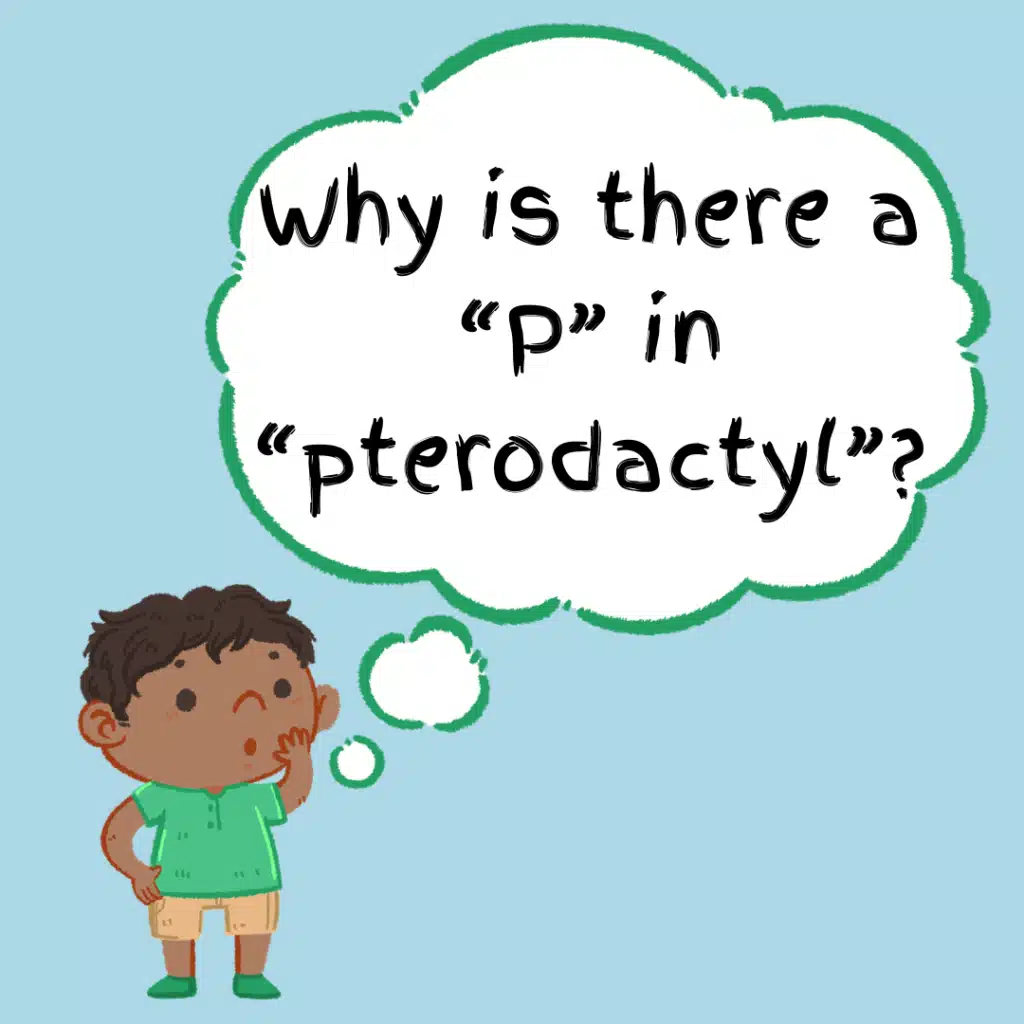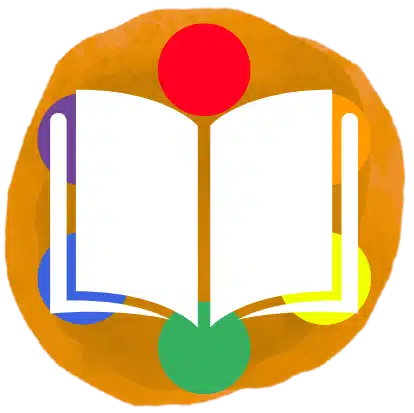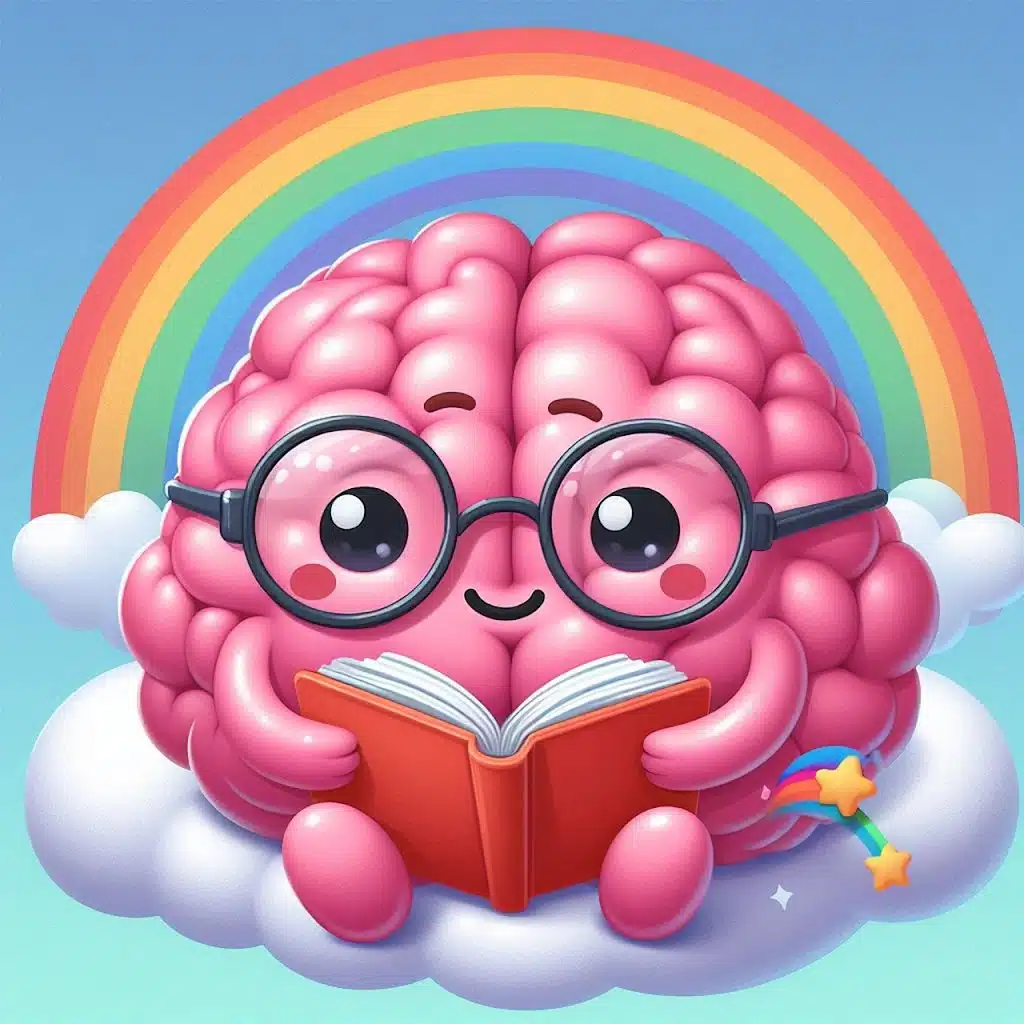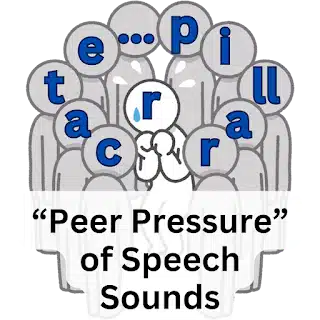Ety- what?
Etymology – the study of word origins – is like uncovering hidden treasure. It’s often seen as a dusty academic pursuit, but trust me, it’s a goldmine for teachers and SLPs. In this post we’ll dig deep into why etymology matters.
The Family Tree of a Word
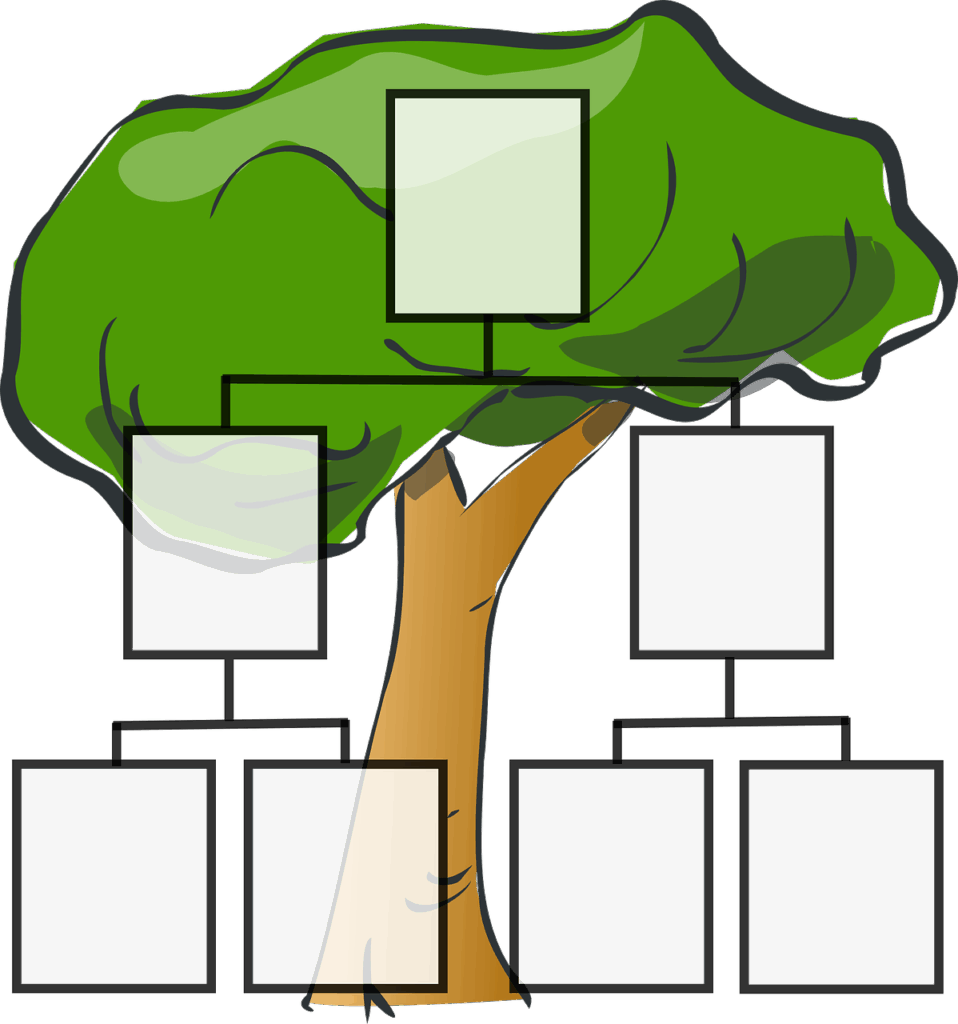
Imagine this: ‘School’ originally meant ‘leisure time’ – more like a coffee shop or pub hang-out than a classroom!
It originated as the Greek word “σχολή” (scholē), and was used to describe free time to come together for intellectual pursuits, discussions, and contemplation. When the Romans adopted the word as Latin “schola”, it eventually began to refer more to the place of lectures and learning, rather than the time itself.
As it entered Old English, it retained the meaning, but spelling was inconsistent. The spelling was modernized but kept the “sch” to refer back to the original word. “Scholastic” and “scholar” both come from the Latin “schola”.
Wired for Stories
You will probably easily remember this story, won’t you? That’s because our brains are wired to remember stories. That’s one of the reasons why etymology is so important when teaching spelling, morphology, and vocabulary.
Not Just Dictionary Work
While I remember assignments to write the prefix/root/suffix, origin language, and meaning as I defined new vocabulary words, it felt like a dry and tedious exercise. It often lacked meaning and felt disconnected from the actual word itself.
However, when etymology is presented as a way to tell the story of a word – its journey through time and across languages – it becomes much more engaging. This approach not only makes learning more interesting but also helps students create deeper connections between words, understand the nuances of their meanings, and even infer the meanings of unfamiliar words.
Why teach etymology?
Spelling Superpower:
Ever wonder why spelling bee champions ask for the origin of a word? Understanding etymology can be a real game-changer for spellers. Word origins give students ways to understand and remember the spelling of words.
Unravelling Irregularities
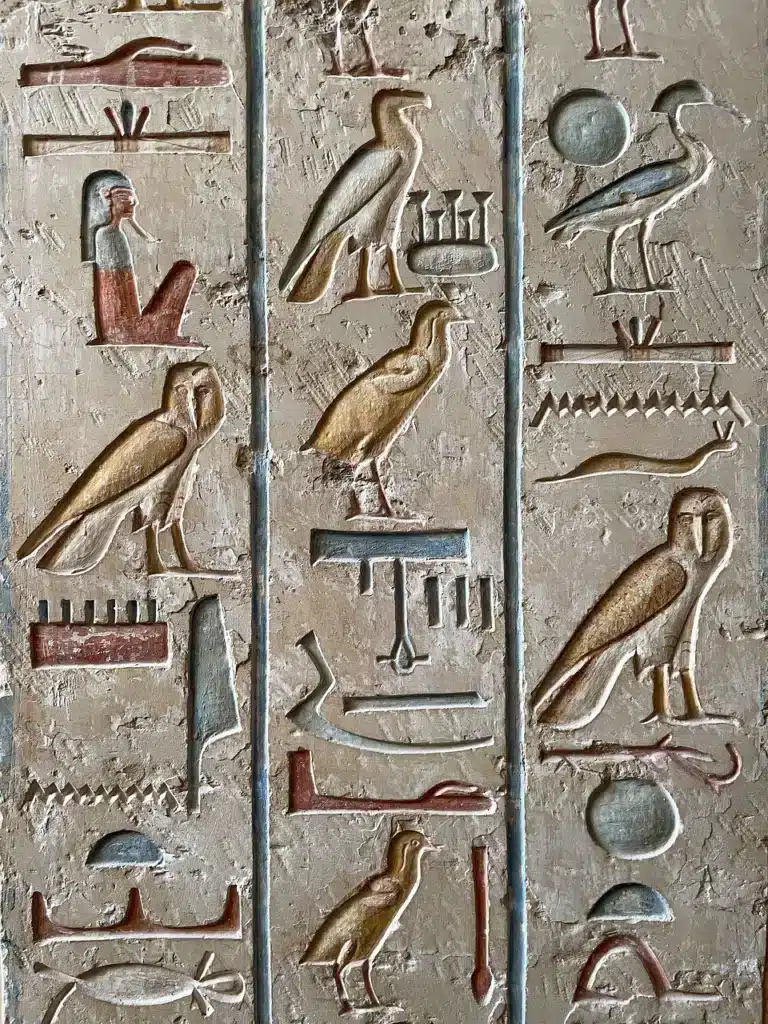
Many of those pesky spelling rules have historical roots. Look at these great examples!
- Knight – comes from Old English cneht. The /k/ sound was originally pronounced but had faded by 1760.
- Island – comes from Old English “igland” /ˈiːjˌlɑnd/ but spelling was modified in 16th century due to a mistaken relationship with the word “isle”
- Doubt – from Latin “dubitare,” but came to English from Old French “douter”. The ‘b’ was added back in 14-16 c. to refer back to the Latin origin.
Unlocking Word Structure
By breaking down words into their roots, prefixes, and suffixes, students gain a deeper understanding of their structure. This knowledge can help them predict spellings more accurately and recognize patterns. For instance, knowing the root “psych-” helps students with words like psychology, psychopath, psychic, and psychotic.
Rules of Origin
The origin language of a word, and the spelling rules that come with it, need to be discretely taught to ensure students understand the “why” of spelling. This goes beyond simply memorizing prefixes/roots/suffixes.
Phonemic Power-Ups:
Etymology can also deepen students’ understanding of phonemic awareness, the ability to recognize and manipulate individual sounds in words.
Historical Sound Shifts
By exploring the historical evolution of words, students can see how sounds have changed over time. For example, the word “knight” originally was pronounced with both the “k” and the “gh” sounds. Some knowledge of linguistic history can further explain spelling.
- The Great Vowel Shift (links at bottom of post) was a gradual change in the pronunciation of English long vowels during the Middle Ages, after many spellings were relatively standardized. For example, “food,” “good,” and “blood” all rhymed with “goad” in Chaucer’s work, but in Shakespeare’s works, they all rhymed with the modern pronunciation of “food”. (You can hear remnants of original vowels when you listen to dialects like Scots English.) Vowels are changing, even now, as dialects and languages further meld with the ease of travel.
Connecting Sounds to Meaning
Etymology helps students connect the sounds of words to their historical origins and meanings, creating a richer and more meaningful understanding of language.
Morphological Marvels:

Etymology is a powerful tool for developing morphological awareness, the ability to recognize and analyze word parts.
- Unpacking Word Structure: Students learn to identify and analyze prefixes, suffixes, and root words within complex words. For example, they can break down “unbelievable” into “un-” (not), “believe,” and “-able” (capable of being).
- Building Vocabulary: By understanding how words are formed, students can build their vocabulary more effectively. They can use their knowledge of prefixes, suffixes, and roots to deduce the meanings of unfamiliar words.
Vocabulary Enrichment:

Exploring word origins as a story can transform vocabulary learning from a dry exercise of rote memory into an engaging adventure.
- Deeper Than Definitions: Etymology helps students understand the nuances of word meanings and their connections to other words.
- Making Vocabulary Interesting: Discovering the fascinating histories behind words makes learning more memorable and engaging.
So, the next time your students encounter an unfamiliar word or struggle with a tricky spelling, remember to “dig deeper” into its etymology. You might both be surprised by the fascinating, and useful, stories hidden within the words we use every day.
Look for my next post on Comprehensive Vocabulary Instruction for Teachers & SLPs!
Tips to make etymology matter in the classroom
Incorporate etymology into daily instruction:
- Discuss word origins during vocabulary lessons.
- Have a “Word of the Week”, or even a “Root of the Week”
- Use etymology to explain spelling rules and exceptions. Group spelling words by origin to help students make that connection.
- Encourage students to research the origins of words they encounter in reading.
- Keep a word wall for the words the class has discovered.
Use engaging activities:
- Word Chains with roots, prefixes and suffixes – how many new words can the student make with the original root?
- Mystery Word – provide clues about a word’s origin and have the students guess the word.
- Create timelines of word evolution
- Etymology Scavenger Hunts: have students research the origins of words related to a certain topic or theme
Tools for Exploring Etymology:
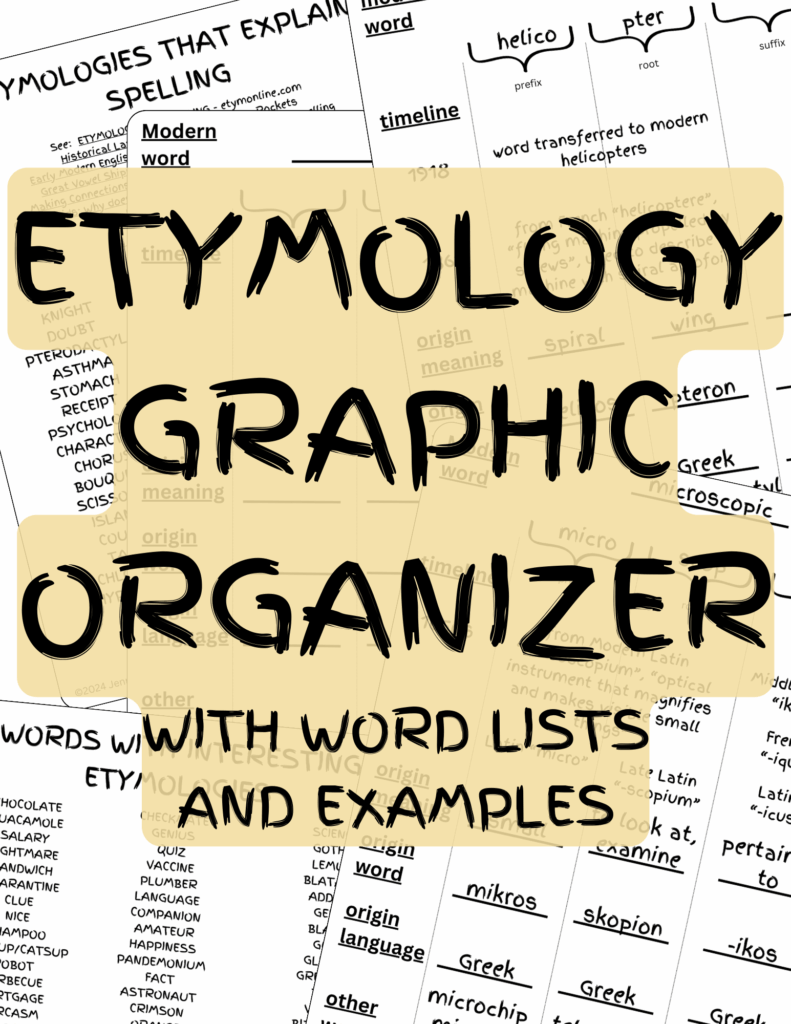
- Morpheme Mapper – simple & kid-friendly break down of morphemes in a word. Allows to search for other words with that morpheme.
- Etymonline – more advanced, and it does have ads. Younger kids may need assistance understanding the entries.
- Etymology Graphic Organizer – TPT resource including a graphic organizer and word lists: “Etymologies that Explain Spelling” and “Words with Interesting Etymologies”
Extra Resources on The Importance of Etymology:
- ETYMOLOGY and SPELLING – etymonline.com
- Historical Layers of English – Reading Rockets
- Early Modern English: Grammar, Pronunciation, and Spelling
- Great Vowel Shift: How It Shaped Modern English Spelling
- Making Connections: The Link Between Spelling and Vocabulary
- Curious Kids: Why does English have so many different spelling rules?
- How Words Cast Their Spell
- Comprehending Spelling
- A brief history of English spelling
- Typos, tricks and misprints
- The Great Vowel Shift
- Tracing English as far back as possible (explaining Proto-Indo-European or PIE)
Want more origins fun? Try researching the origins of various idioms at The Idioms!
Happy Digging!
Social Media Icons: designed by rawpixel.com – Freepik.com
